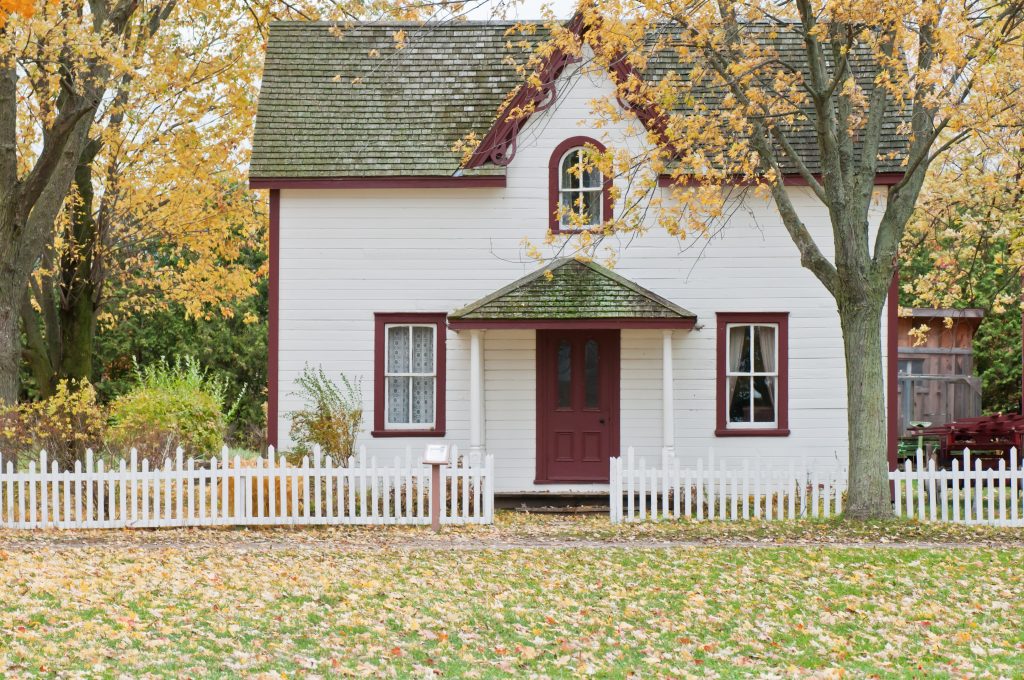Renting Out a House for the First Time

Renting out a home for the first time can be an eye-opening experience for many new landlords. Few realize how many laws and regulations cover landlord-tenant matters in Massachusetts, and the repercussions if a landlord fails to follow the law.
Here, I’ll discuss several things new landlords should know when renting out a home for the first time.
Always Use a Written Agreement
The two most common types of rentals in Massachusetts are through a lease (usually in one-year terms) or a tenancy at will (usually month to month). From a legal standpoint, there isn’t a huge advantage of one type of tenancy over the other. However, regardless of which type you use, all tenancy agreements should be in writing.
Tenancy agreements do not need to be in writing; oral agreements are perfectly legal. This, however, is rarely a good idea. It is best to use a written agreement that covers all of the terms of the tenancy, including the amount of rent, who is allowed in the rental property, and the responsibility for paying utilities.
Know (and Follow) State and Federal Housing Discrimination Laws
State and federal law prohibits housing discrimination. Landlords need to review these laws carefully and avoid any conduct that can be considered discriminatory. These laws, importantly, apply to both prospective and current tenants.
Don’t Take a Security Deposit
Few things get landlords into more trouble than Massachusetts’s security deposit law. This law covers nearly every imaginable scenario regarding the acceptance, holding, and return of a deposit.
For this reason, few landlords completely comply with this law, which can become a problem down the road. For this reason, landlords are usually best not to take a deposit. The risks just aren’t worth it.
Conclusion
Renting out a home can be a great option for many homeowners, but needs to be done carefully. If you need assistance with such a matter, contact me for a consultation.
